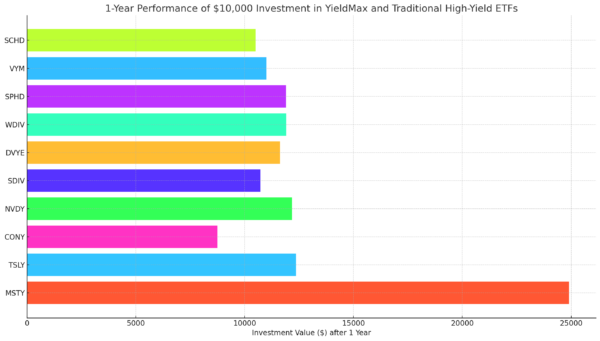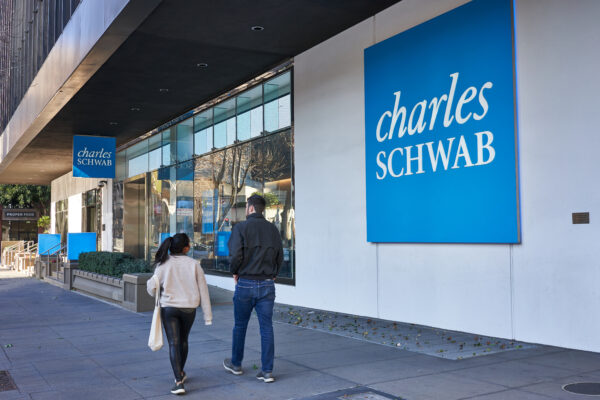A Likely Dividend Cut for This 18% Yielder?
Assessing the safety of a company’s dividend during these times is difficult. Many companies have withdrawn guidance, as it is nearly impossible to know how a business’s customers will respond over the next six to 12 months.
However, there are some instances when determining the prospects of a company’s dividend is not terribly hard. That’s the case with Prospect Capital (Nasdaq: PSEC), which is likely facing a dividend cut in the next 12 months.
Prospect Capital is a business development company (BDC). It mostly lends money to a wide variety of businesses, though it will occasionally take an equity position.
Its portfolio includes…
- An equity stake in Ark-La-Tex Wireline Services LLC, a 31-year-old oil field services company based in Shreveport, Louisiana
- Secured debt in EXC Holdings III, which manufactures electronic components
- Secured debt in Versant Health Holdco, which provides vision and eye health plans.
Last year, Prospect Capital paid out $245 million in dividends off $313 million in net investment income.
Net investment income is what we use to measure a BDC’s ability to pay its dividend. So in 2019, the company was able to afford what it paid out to shareholders.
This year is anyone’s guess. Management has not provided guidance for 2020, and there are no Wall Street estimates.
But you don’t need an MBA from Wharton to know that net investment income is likely to be down this year, as surely some companies in its portfolio will not be able to make their interest payments.
Prospect Capital has its own interest obligations. It has a lot of debt. In fact, it has 7 1/2 times more debt than earnings before interest, taxes, depreciation and amortization (EBITDA).
Prospect will have to continue to service that debt no matter what its borrowers are doing. And that will likely cause the dividend to be reduced.
It wouldn’t be the first time, either. Management has slashed the dividend multiple times already in the previous decade. So it probably wouldn’t hesitate to do so again.

The stock currently comes with a monthly dividend of $0.06 per share, which equals an annual yield of 18%. Prospect Capital could cut the dividend in half and it would still be a very attractive 9%.
Considering its high debt load, its likelihood of reduced net investment income and its tendency to lower the dividend when times get tough, Prospect Capital’s dividend cannot be considered safe. Expect a dividend cut in the next 12 months.
Dividend Safety Rating: F
 |
If you have a stock whose dividend safety you’d like me to analyze, leave the ticker symbol in the comments section.
About Marc Lichtenfeld
Marc Lichtenfeld is the Chief Income Strategist of Investment U’s publisher, The Oxford Club. He has more than three decades of experience in the market and a dedicated following of more than 500,000 investors.
After getting his start on the trading desk at Carlin Equities, he moved over to Avalon Research Group as a senior analyst. Over the years, Marc’s commentary has appeared in The Wall Street Journal, Barron’s and U.S. News & World Report, among other outlets. Prior to joining The Oxford Club, he was a senior columnist at Jim Cramer’s TheStreet. Today, he is a sought-after media guest who has appeared on CNBC, Fox Business and Yahoo Finance.
Marc shares his financial advice via The Oxford Club’s free daily e-letter called Wealthy Retirement and a monthly, income-focused newsletter called The Oxford Income Letter. He also runs four subscription-based trading services: Technical Pattern Profits, Penny Options Trader, Oxford Bond Advantage and Predictive Profits.
His first book, Get Rich with Dividends: A Proven System for Earning Double-Digit Returns, achieved bestseller status shortly after its release in 2012, and the second edition was named the 2018 Book of the Year by the Institute for Financial Literacy. It has been published in four languages. In early 2018, Marc released his second book, You Don’t Have to Drive an Uber in Retirement: How to Maintain Your Lifestyle without Getting a Job or Cutting Corners, which hit No. 1 on Amazon’s bestseller list. It was named the 2019 Book of the Year by the Institute for Financial Literacy.






